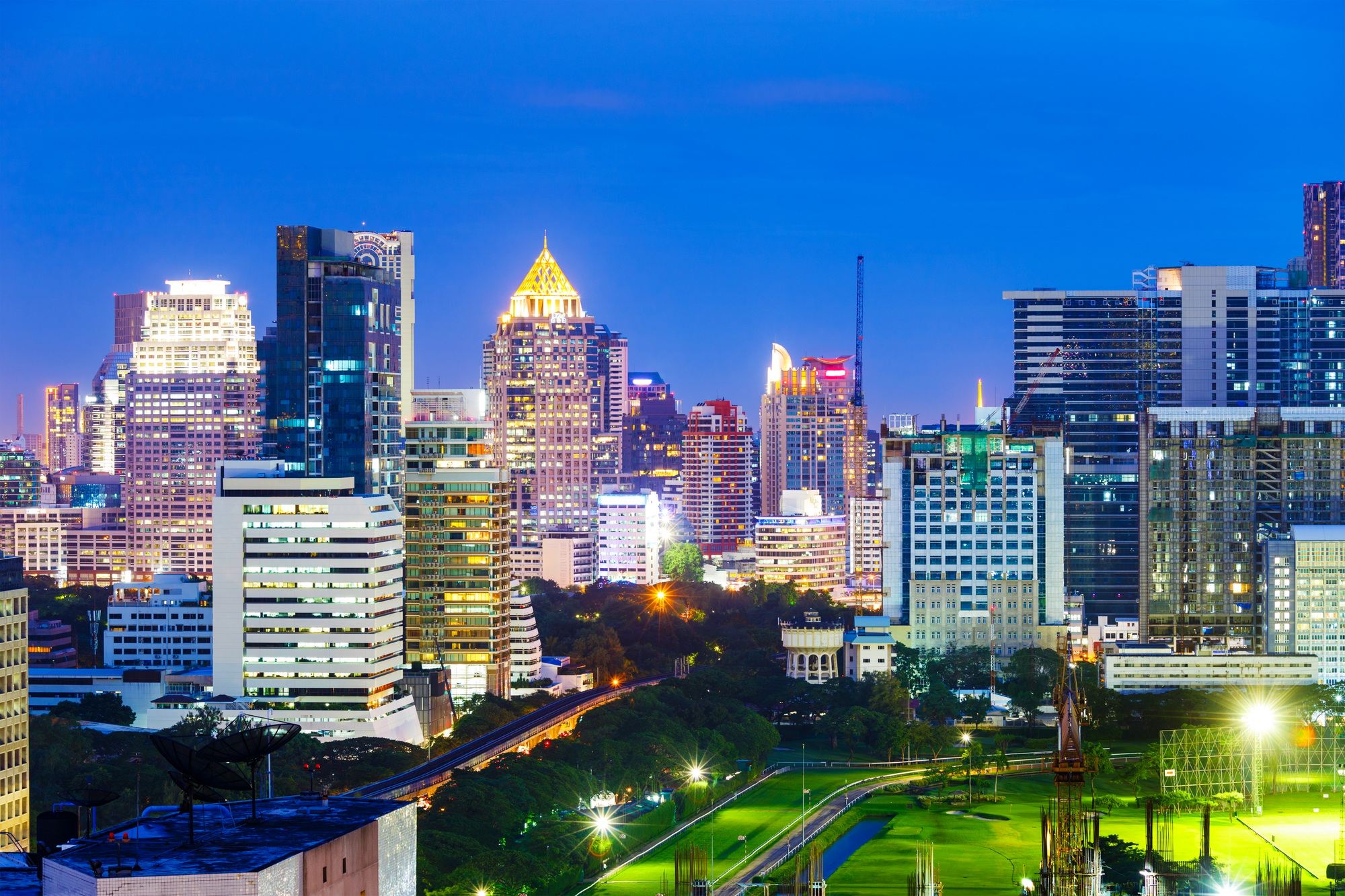
Purchasing property in Thailand is an attractive prospect for many foreigners due to its vibrant culture, affordable living, and stunning landscapes. However, the process involves specific legal frameworks, financial requirements, and procedural steps. This guide outlines everything you need to know to make an informed decision.
Thailand imposes unique restrictions on foreigners owning property. While they cannot directly own land, there are opportunities to own condominiums or secure land through lease agreements.
- Condominium Ownership: Foreigners can own condominiums outright, provided the foreign ownership quota (49% of total units in a building) is not exceeded. Buyers must transfer funds from overseas in foreign currency.
- Land Ownership: Foreign ownership of land is not allowed. However, leasehold agreements of up to 30 years (with potential renewal clauses) enable access to land. Additionally, foreigners can own building structures separately from the land they occupy.
Exploring Property Options
Condominiums
- Ownership Opportunities: Condominiums are the most straightforward property type for foreigners to own outright.
- Key Requirements: Buyers must ensure the purchase falls within the foreign ownership quota and transfer funds from abroad in a foreign currency.
Houses and Villas
- Leasehold Agreements: Foreigners can lease land for a maximum term of 30 years, with the possibility of renewal.
- Building Ownership: While the land cannot be owned, the building on it can be registered under the foreigner’s name.
Step-by-Step Purchase Process
Initial Steps
- Property Selection: Research the market to identify suitable properties.
- Reservation Deposit: Secure the property with a deposit ranging from 50,000 to 250,000 THB.
- Purchase Agreement: Review and sign a formal agreement detailing the terms and conditions.
Financial Requirements
Fund Transfer: Funds must originate from overseas and be converted to Thai Baht before the transaction
Down Payment: Typically, a minimum of 35% is required.

Ownership Structures for Foreign Buyers
Condominium Freehold
This structure allows direct ownership of a unit, provided the foreign ownership quota is respected and funds come from an international source.
Leasehold Options
Foreigners can lease land for up to 30 years, often with an option to renew. This is a common route for owning houses or villas.
Additional Considerations
Due Diligence
For this reason, performing thorough due diligence is essential to avoid legal and financial pitfalls:
- Title Search: Verify the property’s ownership history.
- Property Inspection: Ensure the condition matches the description.
- Legal Verification: Confirm the legality of the property and transaction.
Costs and Taxes
Additionally, be prepared for additional costs beyond the purchase price:
- Transfer Fees: Typically 2% of the property value.
- Property Taxes: Annual taxes based on the property’s appraised value.
- Maintenance Fees: Applicable for condominiums and gated communities.
Tips for a Smooth Transaction
- Work with Professionals: Hire experienced real estate agents and legal advisors.
- Avoid Common Mistakes: Understand the legal restrictions and financial requirements to avoid pitfalls.
Conclusion
Buying property in Thailand can be a rewarding investment when done correctly. By understanding the legal landscape, exploring property options, and following the right steps, you can consequently navigate the process smoothly. Collaborating with professionals ensures a seamless experience, enabling you to enjoy the benefits of owning property in this beautiful country.


